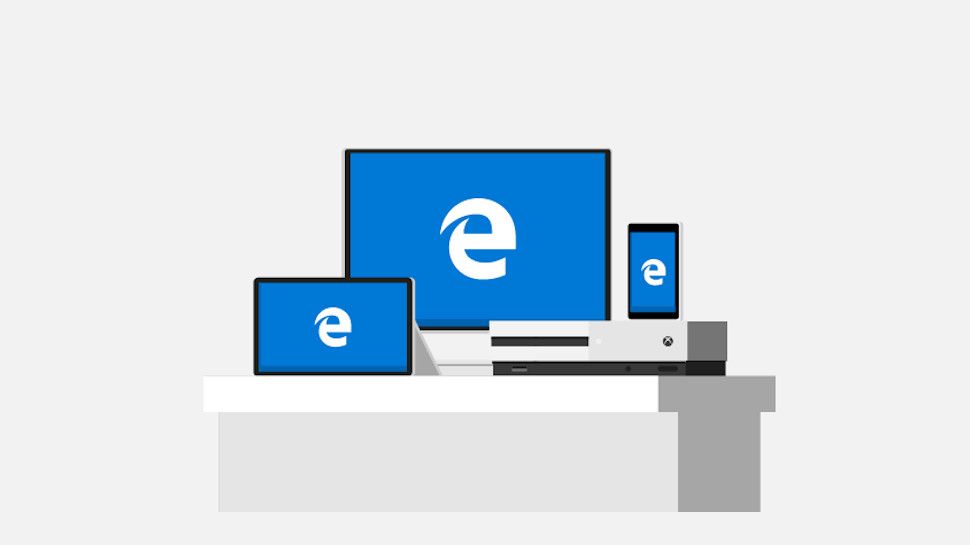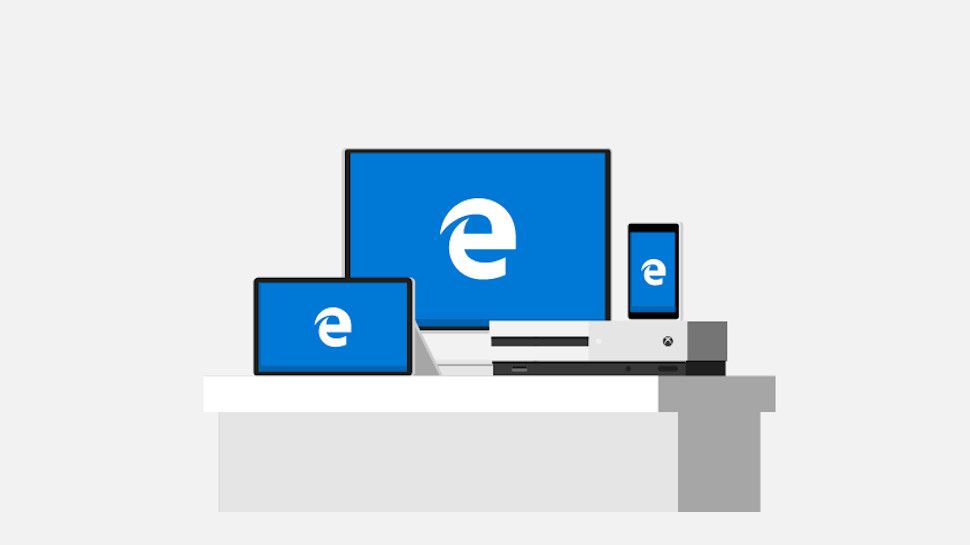
Microsoft has once again urged users to stop using its outdated Internet Explorer browser as the software limps closer to its retirement.
The company has again reminded users that Internet Explorer 11 is being retired from Windows 10 in June 2022, with Microsoft Edge taking its place.
It seems that some users may be a touch unwilling to make the jump, however, with Microsoft forced to emphasise that the days of Internet Explorer really are numbered.
The future is Edge
“As previously announced, the future of Internet Explorer on Windows is in Microsoft Edge,” Microsoft stated in a company announcement.
“The Internet Explorer 11 (IE11) desktop application will be retired on June 15, 2022, for certain versions of Windows 10. This means that the IE11 desktop application will no longer be supported and afterward will redirect to Microsoft Edge if a user tries to access it.”
The company did highlight that any particularly nostalgia-driven users can still use Internet Explorer mode (IE mode) within Microsoft Edge for the time being. IE mode aims to support legacy websites and applications within Microsoft Edge until they can be ported over to the new software.
Microsoft first announced plans to retire support for Internet Explorer 11 across Windows 10 and Microsoft 365 back in August 2020, and since then has been gradually stripping back services for the software.
Its Microsoft 365 deadline passed in August 2021, although some apps may still function via the browser, albeit with users seeing a severely diminished experience.
External tools have also pulled back, with Google Search withdrawing support for Internet Explorer in October 2021, leaving the browser reliant on its own in-house Bing search, with support for Docs, Sheets, Slides and other Google Workspace apps removed in March 2021.
Microsoft Edge continues to perform strongly in the global browser market, with recent figures placing it on the verge of surpassing Apple’s Safari offering.
The latest StatCounter numbers show Microsoft Edge is now used on 9.54% of desktops worldwide, just behind Safari at 9.84% – although both are still far behind runaway market leader Google Chrome on 65.38%.
